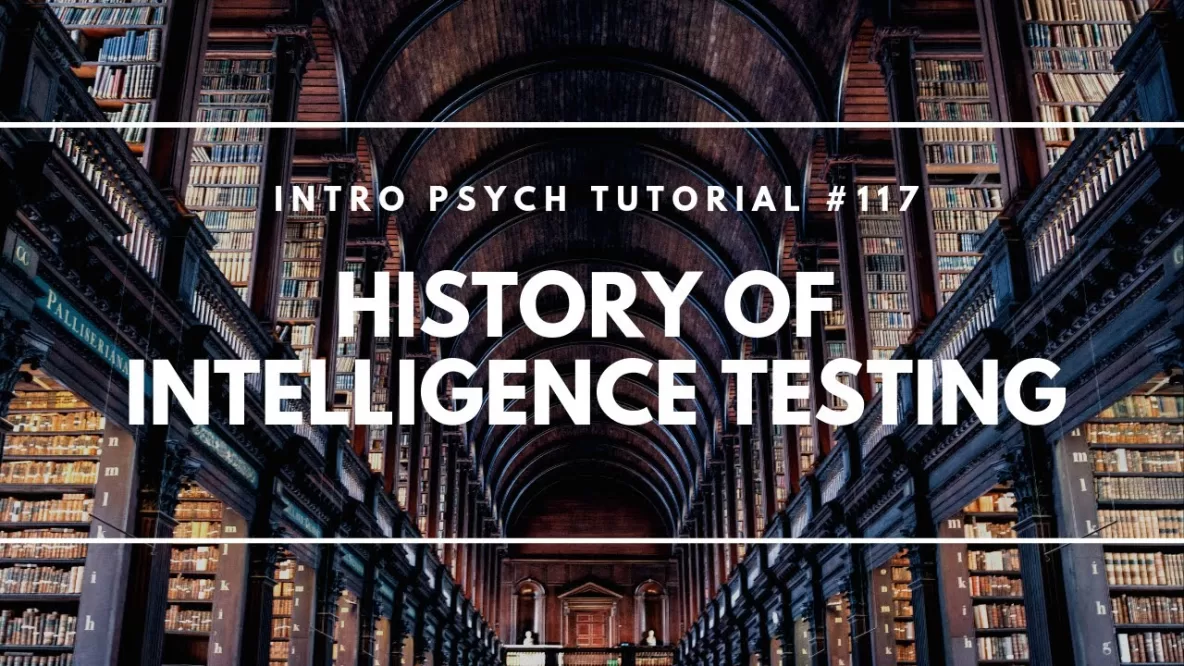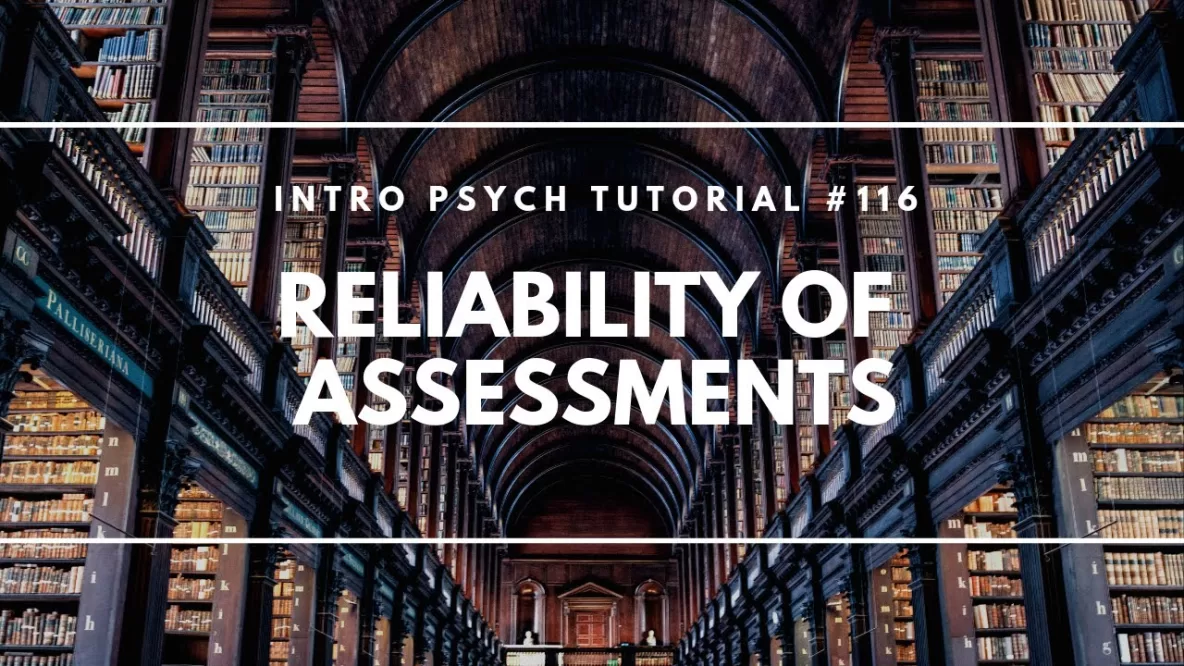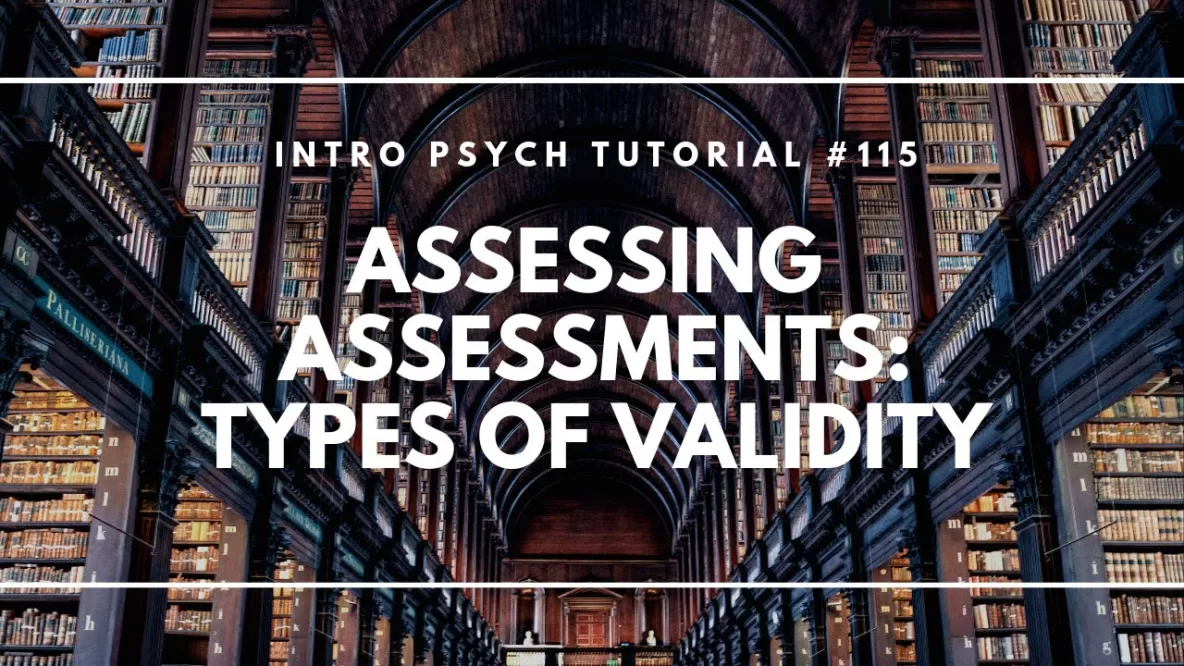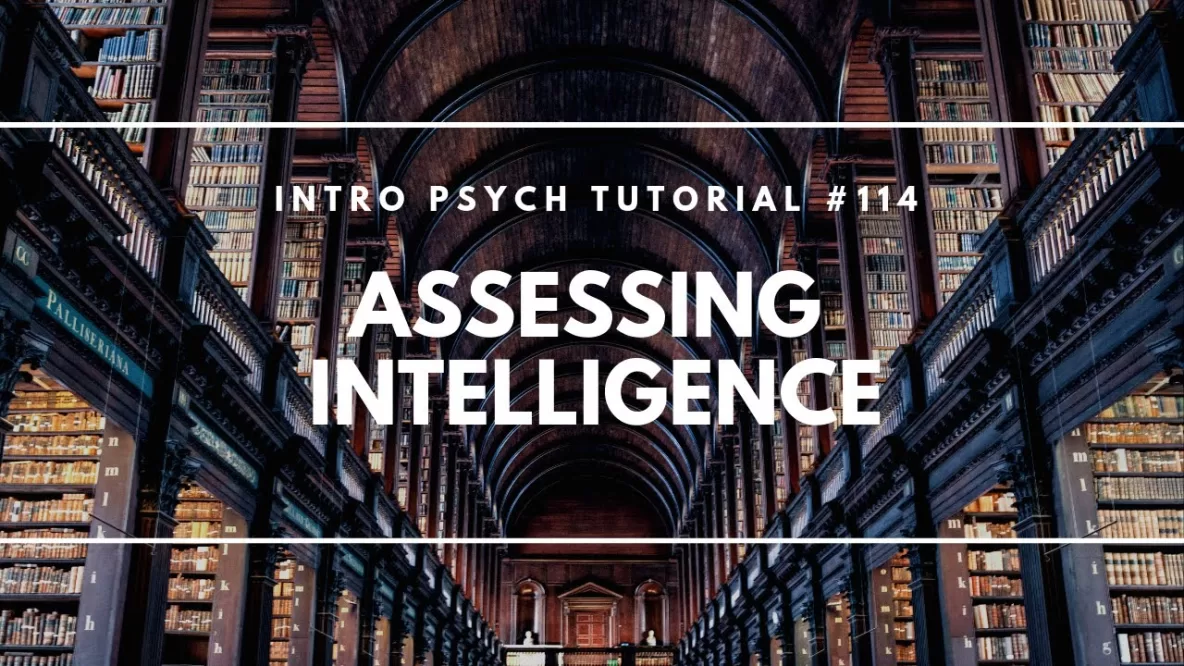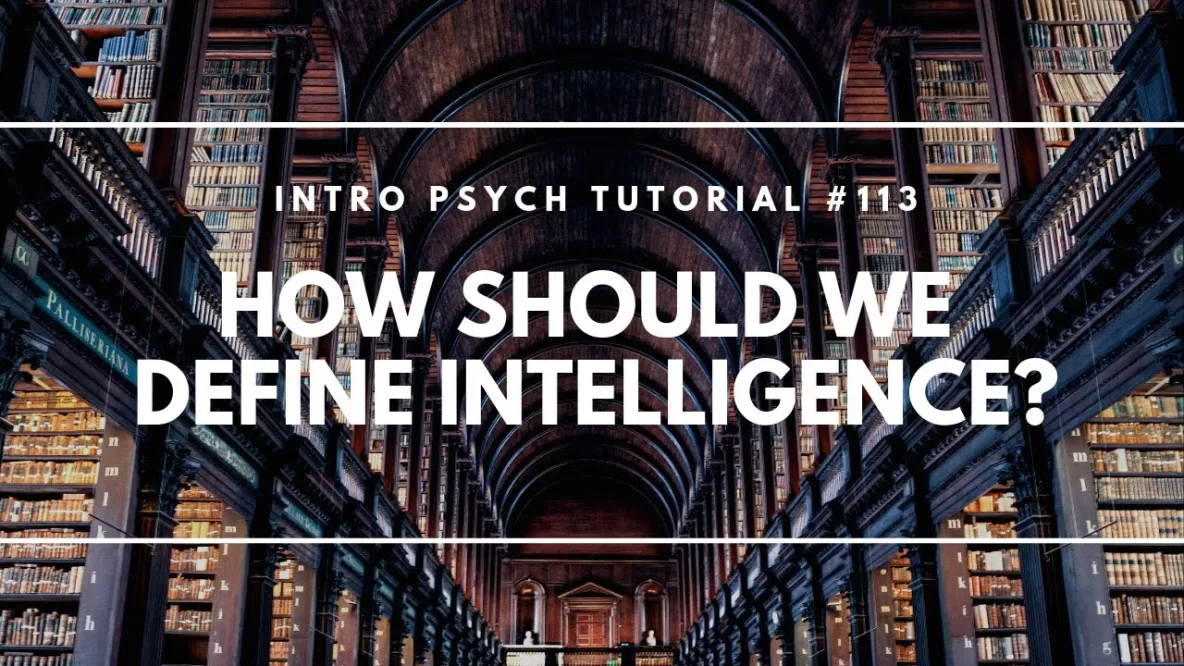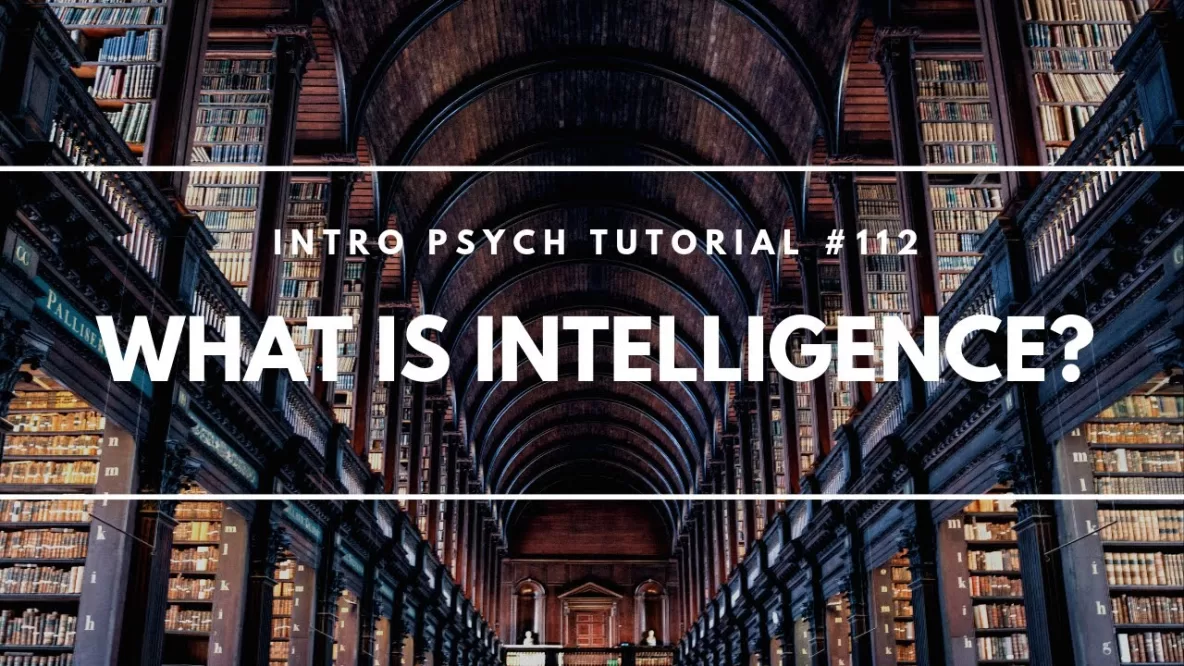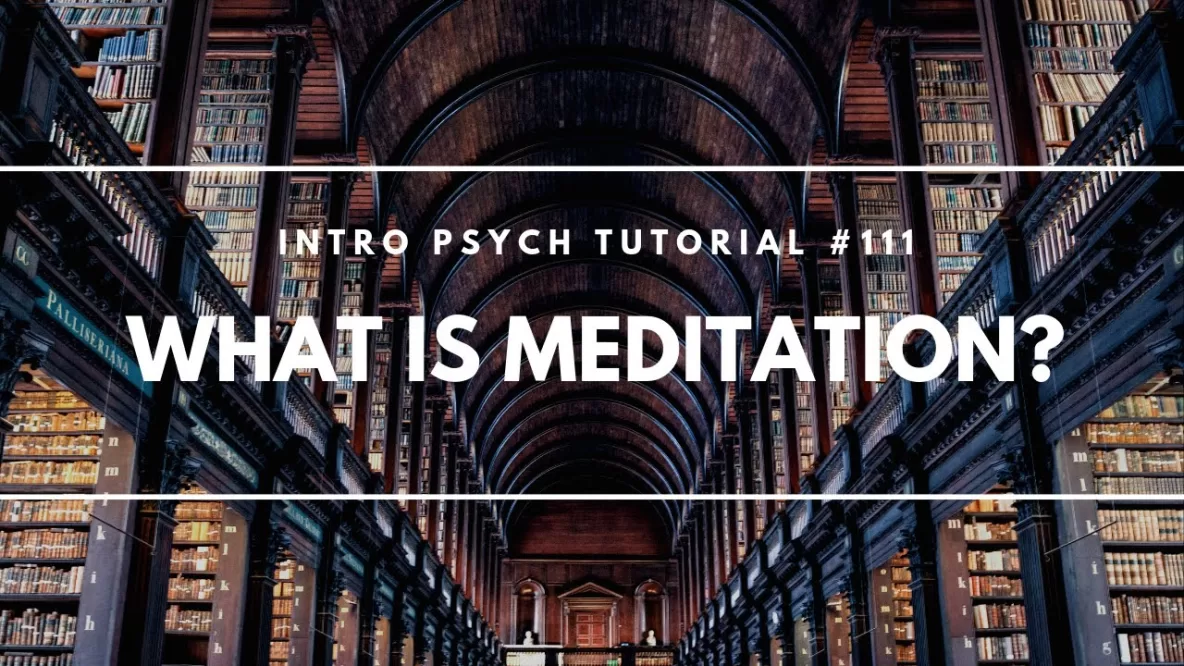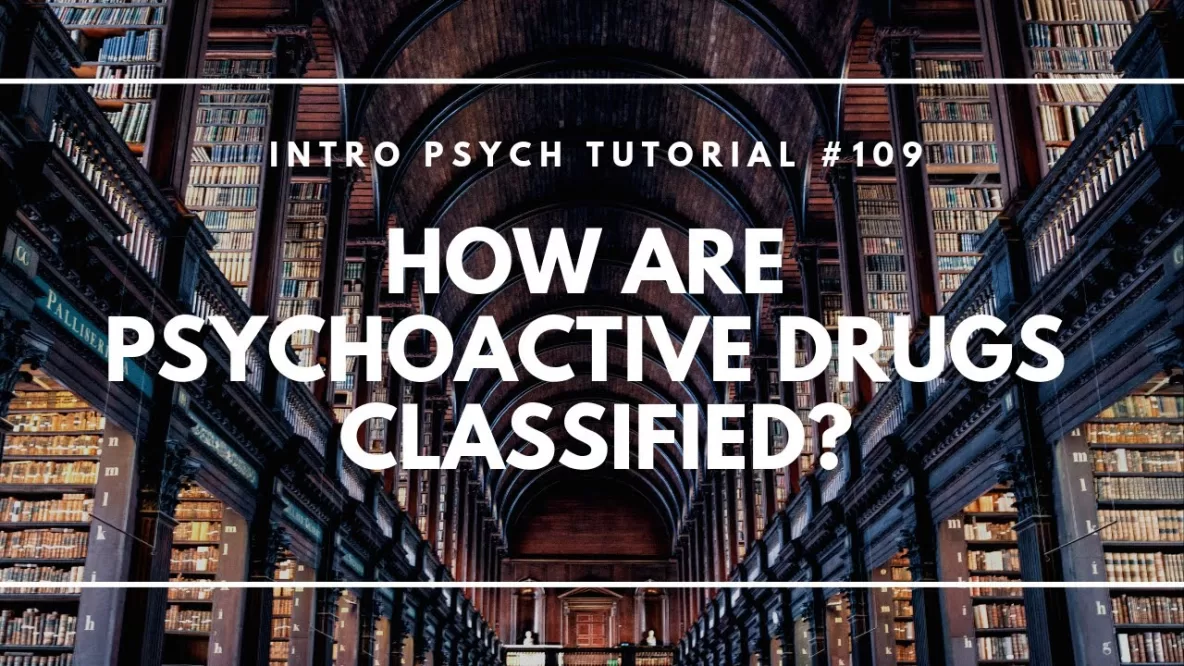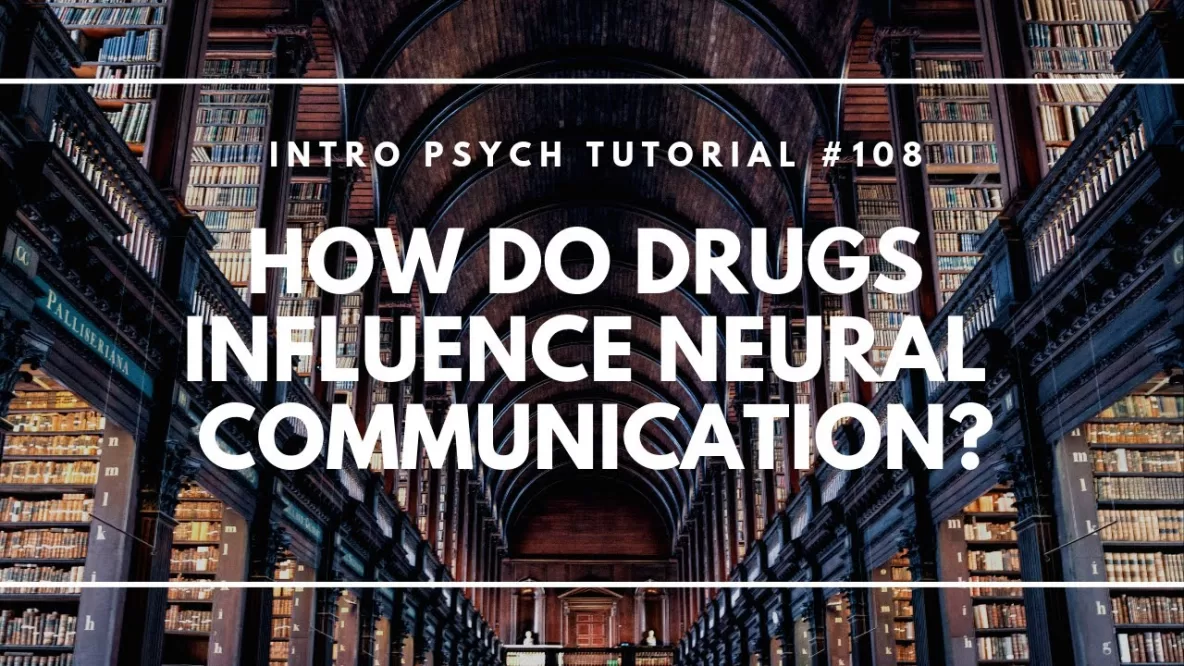In this video I briefly describe the history of intelligence testing including the work of Sir Francis Galton, Alfred Binet, Theodore Simon, William Stern, Lewis Terman, and David Wechsler. I also discuss the concepts of mental age, ratio IQ, deviation … Read More
Reliability of Assessments
In this video I explain the difference between validity and reliability and then describe several ways of assessing reliability including split-half reliability, test-retest reliability, equivalent-form reliability, and the related concept of standardization. Don’t forget to subscribe to the channel to … Read More
Assessing Assessments – Types of Validity
In this video I explain how we assess the validity of assessments that have been created for a particular property (such as intelligence). There are several types of validity that can be assessed including construct validity, face validity, content validity, … Read More
Assessing Intelligence
In this video I introduce psychometrics, the study and design of testing for traits and abilities. I describe the difference between power tests and speed tests for assessing intelligence and the importance of differentiating people in order to have a … Read More
How Should We Define Intelligence?
In this video I discuss a number of ways of thinking about intelligence and determining which skills should be considered part of intelligence. I briefly describe Louis Leon Thurstone’s primary mental abilities, Howard Gardner’s multiple intelligence theory, Robert Sternberg’s Triarchic … Read More
What is Intelligence?
In this video I introduce the concept of intelligence and the difficulties of defining and measuring intelligence. I mention the tendency toward reification when thinking about IQ scores and the importance of remembering that intelligence is a hypothetical construct, not … Read More
What is Meditation?
In this video I describe meditation, focusing on two types of practices: focused awareness meditation and mindfulness meditation. Focused awareness involves maintaining fixed attention on a particular object, sound, or mantra, while mindfulness allows attention to move freely without allowing … Read More
What is Hypnosis?
In this video I describe hypnotic induction and hypnotic suggestibility. Next I describe several applications where hypnosis has been shown to be effective (such as analgesia), as well as areas where it is not effective (accurately recalling “lost” memories). Finally … Read More
How Are Psychoactive Drugs Classified?
In this video I describe the 3 main classifications of psychoactive drugs: stimulants, depressants (including narcotics), and hallucinogens. I provide several examples of each drug type, the associated effects on the nervous system, and the relationship to concepts of neuroadaptation, … Read More
How Do Drugs Influence Neural Communication?
In this video I describe how psychoactive drugs can influence neural communication by passing through the blood-brain barrier and acting as either agonists or antagonists. The brain also responds to this influence via neuroadaptation which can create tolerance and withdrawal … Read More

